A report published today by the Treasury shows better project planning, alliancing and work bundling has won big savings in the key infrastructure sectors for the third-year running.
At the current rate of saving, there is an opportunity to deliver efficiencies for taxpayers and consumers of more than £50bn over the next decade.
Rail, highways, water and flood defence have achieved progress by improving collaborative engagement with their supply chains, better governance, grouping projects into programmes and using smarter procurement processes.
The Environment Agency estimates that 25% of their efficiency savings have come from packaging of projects and procurement, 20% from streamlining project development and control of scope, with 55% from working with their supply chain to enable innovative value engineering.
Project turnaround times from OJEU notice publication to contract award have been improved by 18% from 302 to 249 working days.
Cost estimates are based on benchmarking data captured by quango Infrastructure UK from selected investment projects.
The gains have been delivered against a background of falling industry tender prices.
IUK is now planning to set up a cost forecasting tool for major infrastructure schemes taking into account demand and capacity constraints ahead as concern grows about the impact of upward cost pressures.
Highways, rail and water sectors achieved most progress according to supply chain surveys in their approach to planning and procurement with over 80% of respondents noting that the rail sector had improved both the transparency and certainty of its forward investment profile.
But the feedback also showed less than 30% felt the energy sector provided certainty on its forward investment pipeline.
Commercial Secretary to the Treasury, Lord Deighton, said: “The Infrastructure Cost Review programme has helped to establish a refreshed relationship and more open dialogue between government and industry.
“This has been a success for the third year running. However, we cannot be complacent. As the economy recovers, we will redouble our efforts to ensure that we have the necessary skills, capacity and innovation to embed cost and efficient delivery.”





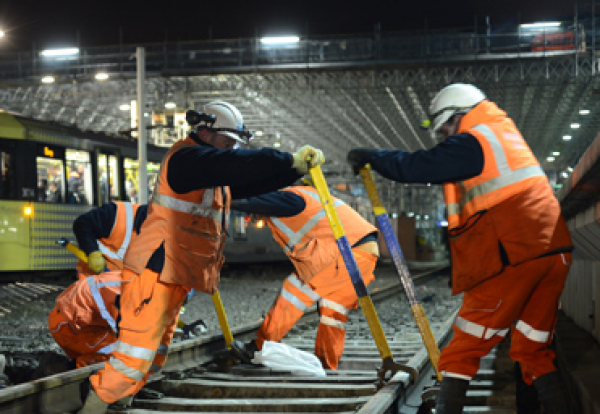
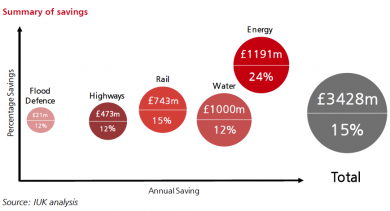



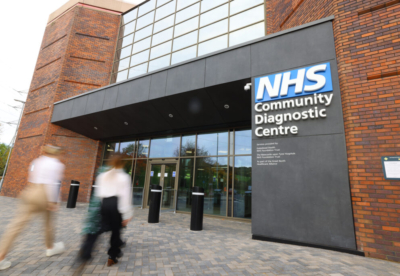

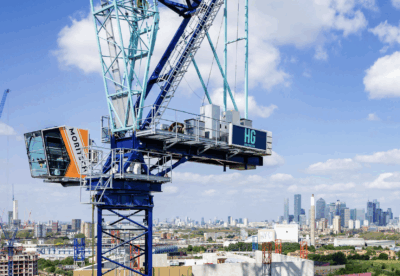




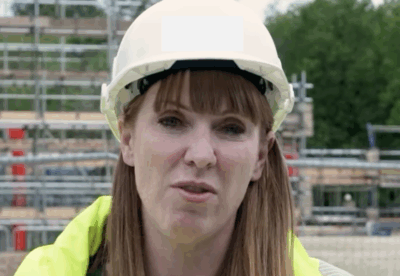
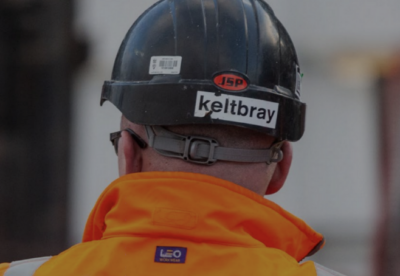









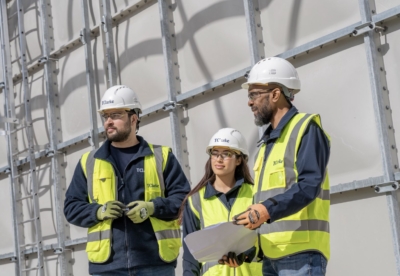
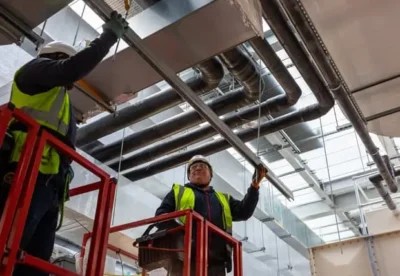


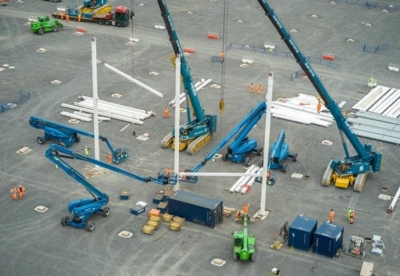




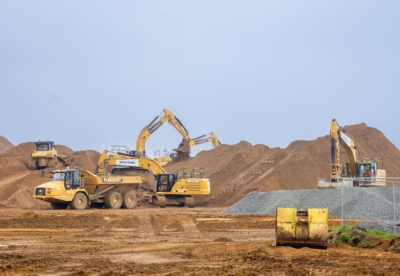
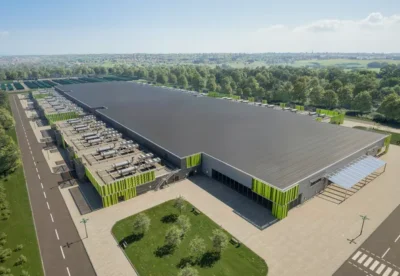

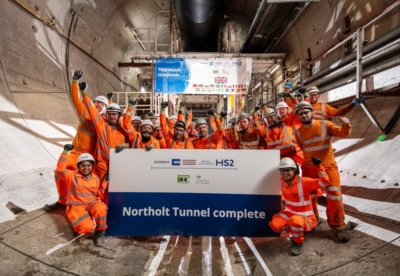

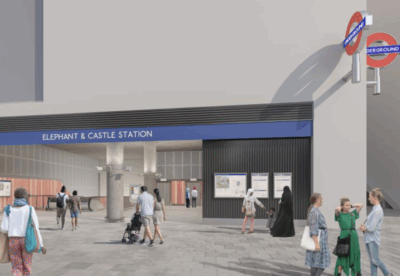



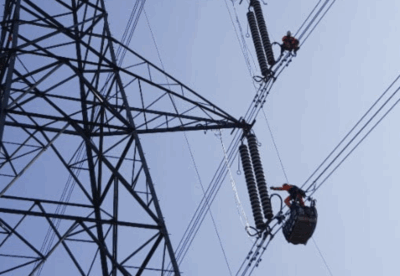





 (300 x 250 px) (2).png)


